Raw Milk Cheese 101
Believe it or not, buying cheese made with unpasteurized milk in Canada doesn’t involve sketchy back-alley transactions.
Raw milk cheese, also known as unpasteurized milk cheese, is perfectly legal in Canada. Not only that, it's delicious! We have lots of raw milk options at TOMME.
What is Pasteurization?
Pasteurization is a process that heats milk to kill off harmful micro-organisms that may have contaminated the batch. During pasteurization, milk is heated to either 72°C for 15 seconds or 63°C for 30 minutes.
By eliminating microbes that could affect the flavour of the milk, pasteurization also helps cheesemakers produce a more consistent product from batch to batch.
Most of the cheeses you’ve ever tasted were likely made with pasteurized milk.
What’s the Big Deal?
The drawback of using pasteurized milk to make cheese is that the process also destroys the microbes and enzymes responsible for imparting pleasant and complex flavours.
A raw-milk cheese tends to have a more interesting flavor profile because those microscopic flavour boosters are alive and active during the ripening and aging processes.
Cheesemaker Simon-Pierre Bolduc of La Station de Compton fromagerie in Quebec produces safe and delicious raw milk cheeses like Alfred le Fermier and Raclette de Compton thanks to strict sanitation procedures followed with every cow that is milked.
Is Raw Milk Cheese Safe?
Unpasteurized cheese is quite safe. Keep in mind that people ate raw milk cheese for centuries before pasteurization was discovered in the 1800s.
If proper sanitation procedures are followed when the milk is collected, stored, and processed, cheese made with unpasteurized milk should not contain levels of harmful microbes significant enough to make anyone sick.
As an additional precaution, the Canadian government mandates that unpasteurized cheeses must be aged for at least 60 days before they can be sold. (There are a few exceptions to this rule.) The reasoning is that any harmful micro-organisms in the milk will have died off due to salt content, acidity, and competing harmless bacteria.
Despite these precautions, it’s advised that pregnant women and people with compromised immunity avoid unpasteurized cheeses.
Are Pasteurized Cheeses Inferior?
No! There are lots of delicious cheeses made with pasteurized milk.
There are many things that go into making a great cheese—whether it’s made with raw milk is only one factor. The skill of the cheesemaker, the fat and moisture contents, the rennet, mold, and bacteria added, and the ripening and aging environment all play important roles in creating a delicious cheese.





Leave a comment